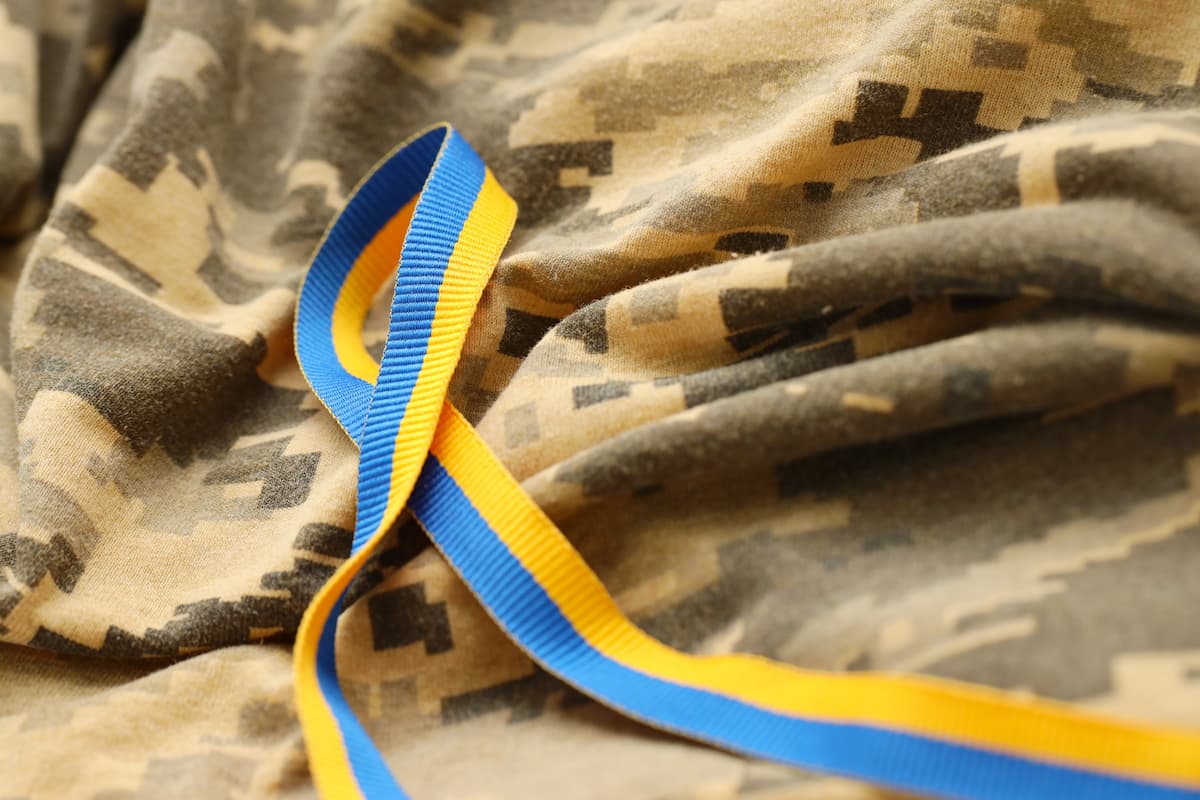Lawyer
Legal aspects of ensuring the religious needs of servicemen of various denominations in the war zone
Freedom of religion is one of the fundamental human rights guaranteed by international and national legislation. This freedom includes the right to practice any religion or not, to practice religion without hindrance and to express one's beliefs freely. Ensuring the realization of this right is especially important for military personnel who are in a combat zone, where they face extreme situations and risks to life.
A lawyer's consultation is necessary to study the legal aspects of ensuring the religious needs of servicemen of various faiths in the war zone. Analysis of documents such as international conventions, national laws and military statutes will allow understanding the legal framework and requirements for this issue.
According to the International Covenant on Civil and Political Rights, everyone has the right to freedom of thought, conscience and religion. This right includes the freedom to practice the religion or belief of one's choice, alone or in community with others, in public or private, in the form of worship, performance of religious and ritual rites and teachings.
At the national level, the Constitution of Ukraine guarantees freedom of worldview and religion. Everyone is guaranteed the right to freely choose, practice and observe religious cults and rites that do not contradict the current legislation.
The legal conclusion is that servicemen have the right to satisfy their religious needs, regardless of their location, including in a combat zone. A lawyer's legal opinion / legal analysis of the situation on this matter may include the following recommendations:
1. Creation of appropriate conditions for the conduct of religious rites by servicemen of various denominations in the war zone. This may include the allocation of special rooms or places for religious services, providing access to religious literature and objects of worship.
2. Ensuring the presence of military chaplains of various denominations to provide spiritual support and conduct religious ceremonies for military personnel.
3. Development and implementation of special instructions and procedures that regulate the procedure for meeting the religious needs of servicemen in the combat zone.
4. Training and briefings for commanders and servicemen on ensuring freedom of religion and respect for religious beliefs in the armed forces.
5. Creation of mechanisms for considering complaints and resolving conflicts related to the violation of the right to freedom of religion in the armed forces.
Ensuring the realization of the right to freedom of religion for servicemen of various faiths in the combat zone is not only a legal obligation, but also an important factor in maintaining the morale and psychological stability of personnel. The implementation of this right also promotes mutual understanding and respect between servicemen of different faiths, which is a necessary condition for the effective operation of the armed forces.

































